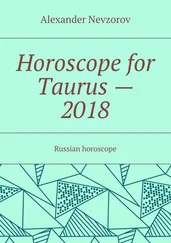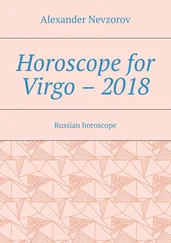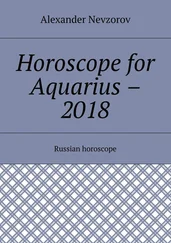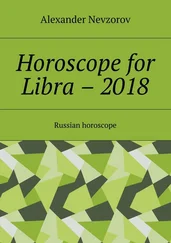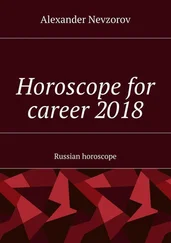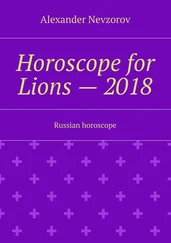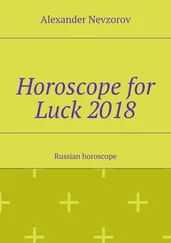The Swiss General Staff regarded him so highly that they not only used him as a source of information regarding German intentions towards Switzerland- which of course his incomparable sources could provide- but also used him as an "evaluater." That is, they asked him to evaluate the information they received from other sources on the German armed strength and acted on his decision. He ended up, in fact, as the assessor for the
Swiss Director of Military Intelligence on all military information emanating from Germany.
Selzinger had apparently wanted to contact the network and had been introduced to Taylor by one of the latter's minor sources. He was certainly a source of Taylor's in 1941 and quite consciously provided the Centre with his information- even though the Centre did not believe it. He was of course simultaneously providing the Swiss General Staff with such information as he could obtain regarding German intentions against Switzerland and his dual role must be remembered in assessing his actions. Selzinger was a refugee in a neutral country and as such was obviously out to ingratiate himself with as many authorities as he could find- especially the authorities which gave him a safe lodgement. To this end he remained loyal to his Swiss masters- as loyal as he did to his Russian ones. Luckily for him, their interests never clashed.
I never met Selzinger until after my imprisonment when, through a cut-out, he expressed a desire to see me. He was, throughout my active career as a spy in Switzerland, merely a cover name whose sources were equally veiled in jargon. For example "Werther" was his name for the O.K.W. and "Olga" for the Oberkommando der Luftwaffe. Similarly, the Marine Amt and other government departments had their cover names.
Selzinger lived in Lucerne where he was known as a "publicist," the easy phrase that covers anything from a writer of pamphlets to a best seller.
What was the source of his information? Here I must enter into the field of pure speculation. I do not know; the Centre did not know; Taylor did not know; and the only person who did know was Selzinger himself, and he is not telling. Whoever his sources were, they were obviously high up in the Nazi hierarchy and the information reached Selzinger by wireless. Since the war there have been various books produced by various leaders of the so-called German "resistance" and in them there has been mention of a Communist cell within the German Air Ministry which was broken up sometime in 1942. It is possible that Selzinger's sources included this particular spy ring and that this was the only one that the Germans managed to discover, leaving his Wehrmacht and other sources inviolate. This is not a wholly satisfactory explanation as Selzinger's sources continued uninterruptedly long after this alleged spy ring in the Luftwaffe was eliminated. It would be logical to assume that there might have been a slight hiatus at the time of the Luftwaffe arrests in 1942- but no such hiatus occurred and the information continued to stream in.
A really suspicious-minded person might think that the whole thing was a gigantic double-cross by the Germans, who could have supplied Selzinger with a vast amount of authentic information in the hope that the occasional piece of false information would be accepted as well. There is one scrap of intelligence to support this thesis, and one scrap only. At the time of Timoshenko's Kharkov offensive in 1942 the Russians based this offensive almost entirely on the information that Lucy supplied. In this case the Russians found themselves in a trap and heavy losses ensued. If this had been one of many incidents resulting from Lucy's intelligence, the thesis that the whole thing was a German strategic double- cross would be more tenable. However, this was the only occasion that his information turned out not to be genuine. It is almost inconceivable that the Germans- if they had controlled the source of Lucy's original intelligence - would not have attempted to cash in on it to a greater extent. This did not happen and I think that this excludes the double-cross hypothesis. It is of course possible that Selzinger's intimate contact with the Swiss General Staff may have helped to supplement his information. Selzinger may not have been above peddling to the Russians such information as he obtained in his capacity as an "evaluater" of Swiss intelligence- his own sources in Germany having failed him.
The only clue that Selzinger ever gave as to his sources was when I saw him after my release from prison, when he stated that the purge which resulted from the attempt of July 1944 had considerably reduced the number of his sources. He did manage, however, to produce formidable documentation which he asked me to take with me to Paris for transmission to the Soviet Embassy there, and the purge and the resultant almost complete elimination of any potential resistance movement in Germany had obviously merely embarrassed and temporarily inconvenienced him rather than removed his sources. We can thus rule out any super-patriotic German general as the source.
Really, anyone's guess is as good as mine. If the source was a German double-cross it was a very badly conceived one. If it was the Bendlerstrasse they managed to continue very active even after sentence of death by the People's Court. If it was the Swiss they certainly showed more efficiency than they did in the elimination of our network.
Let the matter be left there. It is sufficient for my purpose - as it was for the Centre - that Lucy produced the "goods" and that on all occasions save one these were accurate, speedy, and complete. The war on the eastern front was fought largely on them and the intelligence produced led to victories for the Allies. I can only suggest that further enquiries be directed to Selzinger himself. As will be seen, he was arrested in June 1944 and released some three months afterwards with a certificate from the Swiss General Staff testifying to the services that he had performed and guaranteeing him immunity in the future. He is therefore presumably still a resident of Switzerland. His services in the past cannot be denied - he produced the answers and protected his sources, and one asks no more of a secret agent. His efforts, if any, in the future may be equally interesting. It is to be hoped that his skill at penetrating into the heart of general staffs remains confined to Germany - if his employers remain the same.
I have interrupted the story of my own activities in order to give a picture of a typical Soviet spy network and also to explain our own. Such background "briefing" is essential for the clear understanding of what follows. Without some background knowledge of the workings of a Russian spy organisation and the cardinal principles involved, many of my actions and the precautions that we took would appear meaningless and stupid. Anyone who has read so far will now appreciate the essential and elementary security precautions that were taken and the way that our sources were contacted. Later on it will be seen how criminal disregard for these "simple little rules and few" led the organisation into disaster.
The period of my career as an active spy when I was in direct wireless communication with the Centre in Moscow falls quite naturally into two parts. The first comprises the first few months of the spring of 1941, between the time that I at last established communication with Moscow on March 12 and the invasion of Russia by Germany on June 22. The second period is from the entry of Russia into the war until my arrest on November 20, 1943. The first period was really a continuation of the halcyon days of peace, after the outbreak of war in September 1939 when Philips, Sonia, and I had little to do and did it on the whole very well. The flurry caused by the fall of France had subsided, and Rado's communications were secure, thanks to the activities of Sonia and myself. He had one set working in Geneva operated by the Hamels and I was also in touch with the Centre from Lausanne. Life was pleasant and easy in Switzerland that spring, and I enjoyed it and the leisure to the full- it was the last leisure I was to have for some time.
Читать дальше




